Pro Guide: Who Can Practice in Mobile Medical Vehicles?
Innovations in healthcare delivery have led to the emergence of mobile medical vehicles, often serving underserved communities and remote areas....
3 min read
Craftsmen Industries Apr 25, 2024 12:45:00 PM
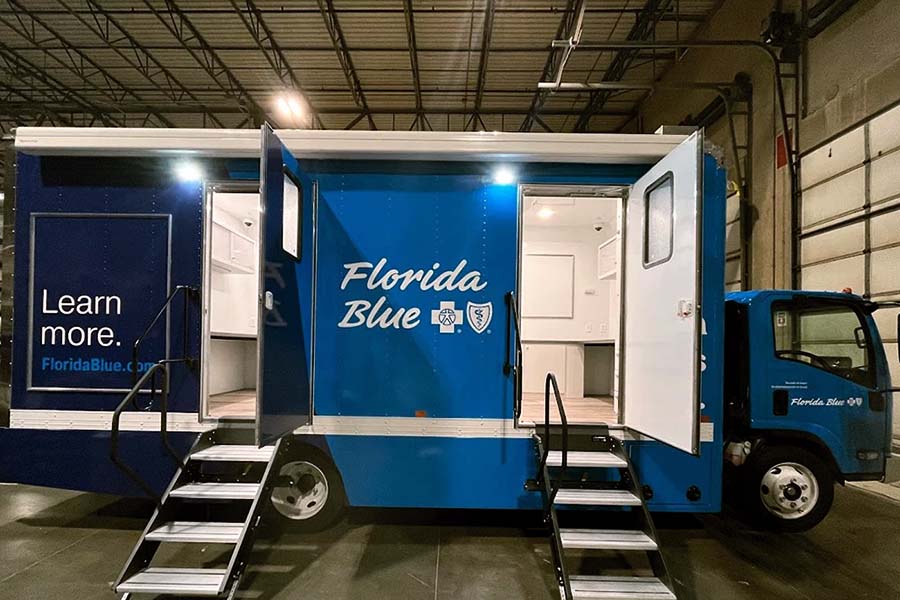
Innovations have revolutionized healthcare access in remote areas, with mobile medical vehicles utilizing advanced technology to bridge gaps in service delivery. While these mobile vehicles act as clinics for providing healthcare services to underserved communities, they also serve as vital platforms for healthcare education, empowering communities with the necessary knowledge and experience. Given the significance of this type of education in underserved populations with limited access, what role do mobile medical vehicles play in health education?
In this article, you’ll learn just how do mobile medical vehicles contribute to health education and their role in empowering marginalized communities. Discover the types of educational resources they provide and how areas with limited access to medical centers can benefit from mobile medical vehicles, also known as medical units.
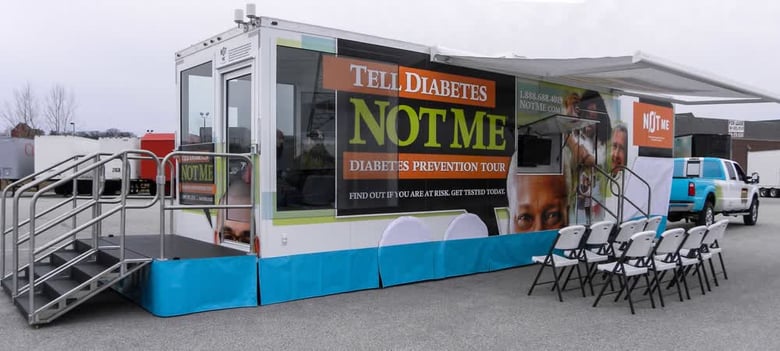 Source: craftsmenind.com
Source: craftsmenind.com
HRSA rural health programs support mobile medical vehicles as innovative solutions for overcoming healthcare access challenges in underserved areas. They’re mobile clinic units equipped with the latest technology and equipment for high-end services, designed to bring health care directly to marginalized populations. With our mobile medical units for sale, you can serve a variety of purposes, including offering primary care, vaccinations, screenings, and much more.
But are mobile medical vehicles equipped to provide health education?
Despite the critical care and health solutions, mobile medical vehicles go beyond traditional clinic centers. They also act as dynamic platforms for health education and community empowerment, capable of equipping rural populations with the knowledge and skills necessary to make informed health decisions and adopt healthier and safer lifestyles. Through seamless integration of education into mobile medical vehicles, these units treat various health issues while also working toward preventing them, contributing to long-term improvements in public health.
Health education plays a vital role in improving community well-being by promoting valuable insights, knowledge, and healthy practices across all age groups. It provides the necessary skill sets and information for individuals to address and prevent sickness or injury, reduce risky behaviors, and help them make informed health choices.
However, providing healthcare education in rural or remote areas requires a multifaceted approach that takes into account the unique challenges and needs of each community. With proper execution, you can not only identify the specific needs and priorities of your community but also foster trust and mutual understanding. Some of the most effective ways to bring healthcare education to remote areas are through:
Aligning the educational goals with the community’s needs, addressing potential healthcare access barriers, and promoting education all contribute to sustained and impactful initiatives within remote areas.
So, how do mobile medical vehicles help to promote preventative health measures in communities?
While mobile medical vehicles play a critical role in providing a wide range of primary medical services, their potential goes beyond healthcare.
Mobile medical vehicles can address educational disparities by catering to uncertain educational needs. They serve as reliable education centers with the capacity to host and provide various forms of education. From general knowledge and training programs to health-related workshops, mobile medical vehicles have the potential to provide tailored health education to the communities they serve, bridging gaps in healthcare and education access.
Some of the types of educational resources provided in mobile medical vehicles include:
These mobile medical vehicles offer health-related workshops, often covering a wide range of health topics such as hygiene, nutrition, and disease prevention. However, these topics can significantly vary depending on the specific health needs of the communities they serve. The medical vehicles convert their spaces into interactive learning environments, often featuring presentations by professionals with visual aids and educational materials, engaging with participants, promoting knowledge retention, and reinforcing key messages.
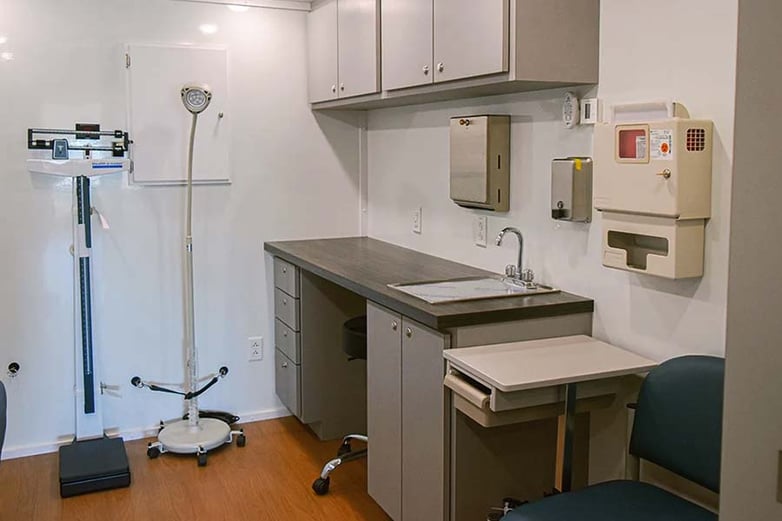
Source: craftsmenind.com
Another notable educational practice of mobile medical vehicles is their ability to provide comprehensive training programs on basic medical skills, first aid, and disease or injury prevention. These programs are conducted by healthcare professionals, offering certified courses for community health workers, allowing them to deliver critical care within their areas and enhancing the overall well-being of the population while fostering self-reliance in addressing healthcare needs.
Lastly, medical units offer patient education programs tailored to the unique needs and health demands within the community. These often include seminars and consultations with health professionals and educators, empowering individuals to take control of their health and make informed decisions when dealing with health issues.
So, what role do mobile medical vehicles play in health education?
In conclusion, mobile medical vehicles present a revolutionary solution for delivering critical medical care to communities where access to traditional clinics is highly limited. However, beyond their role in providing health services, they also contribute to addressing educational disparities, serving as mobile educational centers for rural areas with capabilities to host and provide various forms of education.
Mobile medical vehicles provide the essential programs and tools, deploying medical professionals and presenters to conduct tailored workshops, seminars, and consultations for educating communities. These programs cover a wide range of healthcare-related topics, from hygiene to infection and disease prevention.
Essentially, the medical units serve to deliver critical care for marginalized populations and empower communities with the needed information to make informed health decisions.
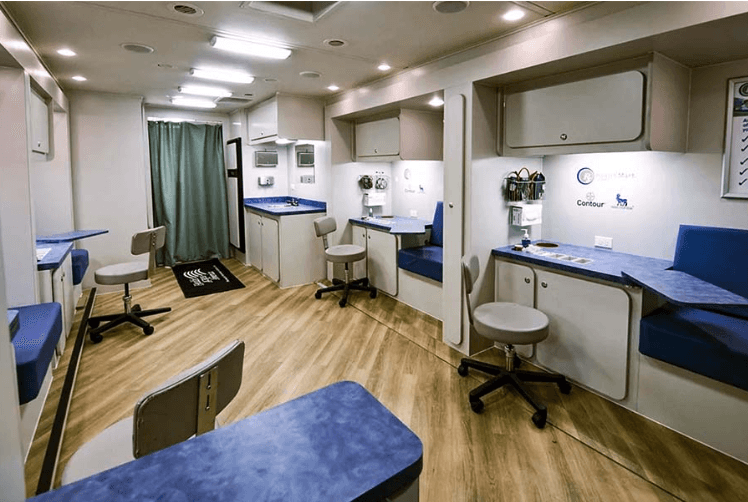
Innovations in healthcare delivery have led to the emergence of mobile medical vehicles, often serving underserved communities and remote areas....
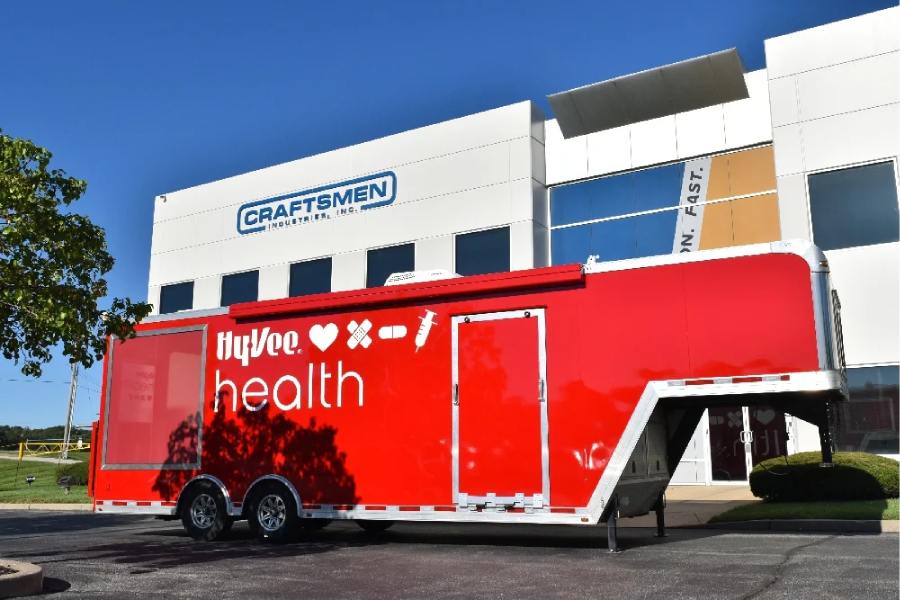
All medical facilities must adhere to government safety regulations. If your healthcare facility is considering expanding its services, you might...
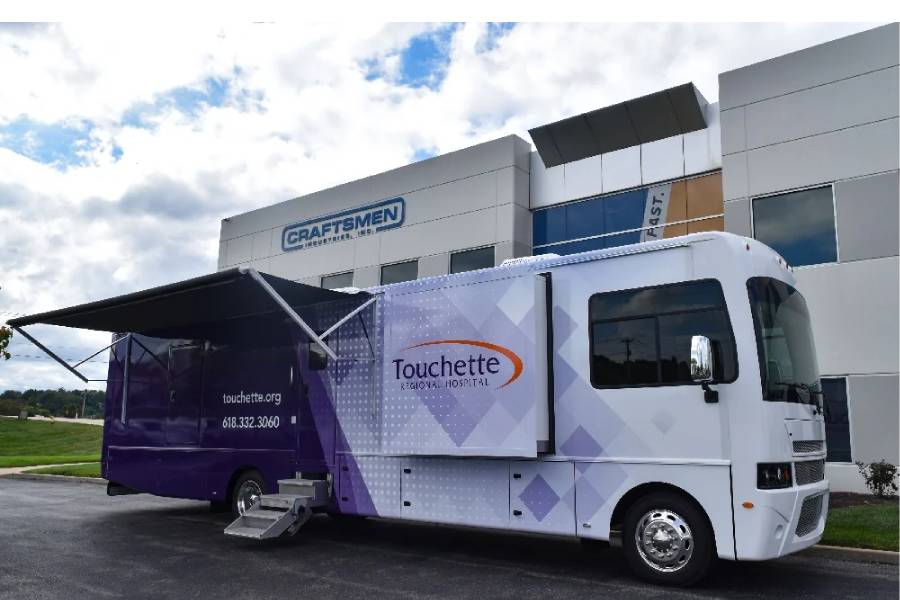
Many people struggle with getting adequate medical care due to their circumstances. While some may find it difficult to find a medical facility due...